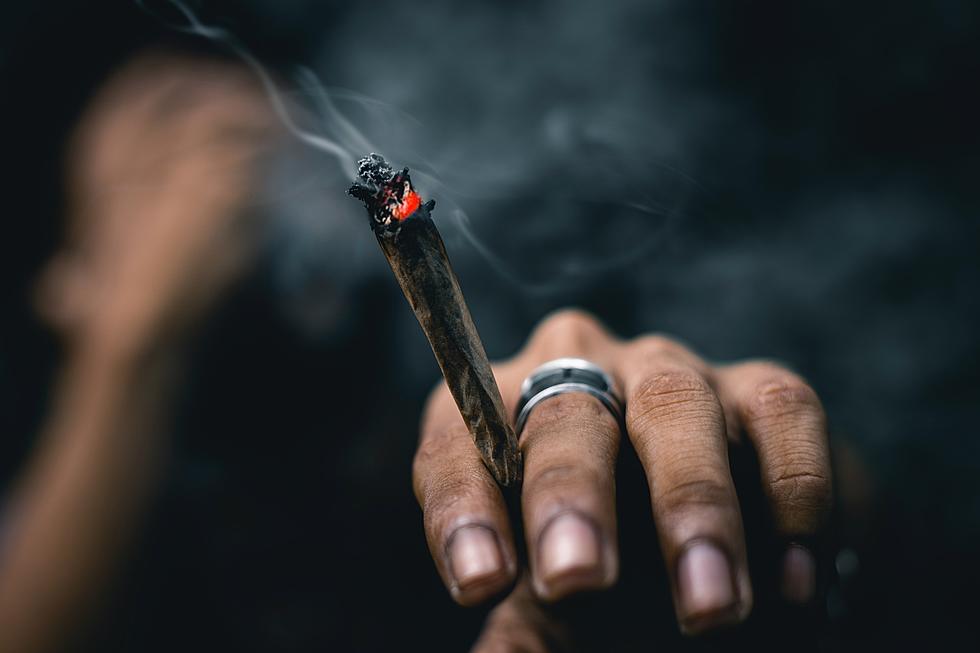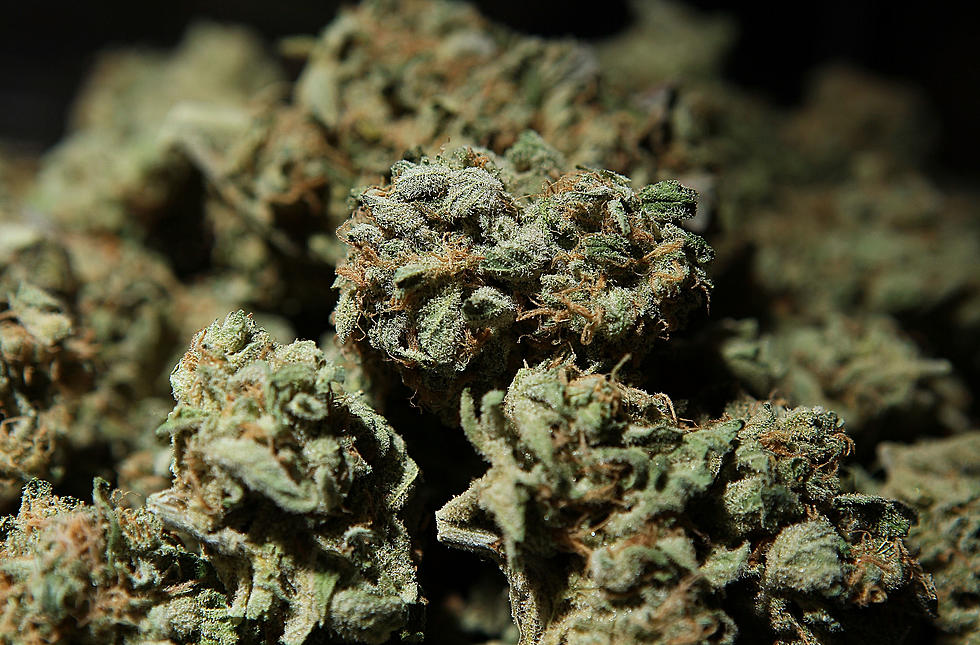
Will We See a Marijuana Breathalyzer in Michigan?
As states like Michigan move to legalize a full-scale recreational marijuana market, there is some pressure from the top for the creation of an accurate roadside test to determine if a motorist is driving stoned or simply showing traces of THC from previous consumption.
A California company called Hound Labs has reportedly developed such a device; one that will allow law enforcement to “determine if an individual is impaired from recent marijuana use.”
"In just one or two breaths, our new scientific approach is able to capture THC, and, through an extraction process, measure the actual level to less than 500 picograms," UC Berkeley professor Matt Francis said in a statement. This incredibly efficient and responsive technology is necessary to measure THC which requires a method that is more than one million times more sensitive than what is used to measure alcohol in breath."
From HIGH TIMES:
Ever since states began legalizing cannabis, the issue of stoned driving has been a controversial debacle shrouded in half-baked regulations and unconstitutional practices. Some states, like Indiana, have maintained a strict no-tolerance policy on the issue of drugged driving that has caused many motorists to be charged with DUI simply because a blood test showed that they may have smoked marijuana within the past week. In legal states, the situation is an equally sad state of affairs, as most lawmakers have determined a person who registers .05 nanongrams of THC per milliliter of blood to be legally impaired.
The scene has become even more dreadful in recent years with flawed pot breathalyzers being distributed to law enforcement agencies for consideration. All of these devices, however, have only been successful in proving a driver was high at some point, but a total failure in measuring immediate impairment.
Although Hound Labs claims to have nipped the concerns with breath test technology in the bud, experts like Paul Paul Armentano, deputy director for the National Organization for the Reform of Marijuana Laws, remain skeptical.
“To date, no such data exist correlating THC/breath detection levels with behavioral impairment,” Armenian said. “In fact, no scientific study that I am aware of has even attempted to correlate the detection of THC in breath with actual behavioral or psychomotor impairment of any kind.”
More From Club 93.7





